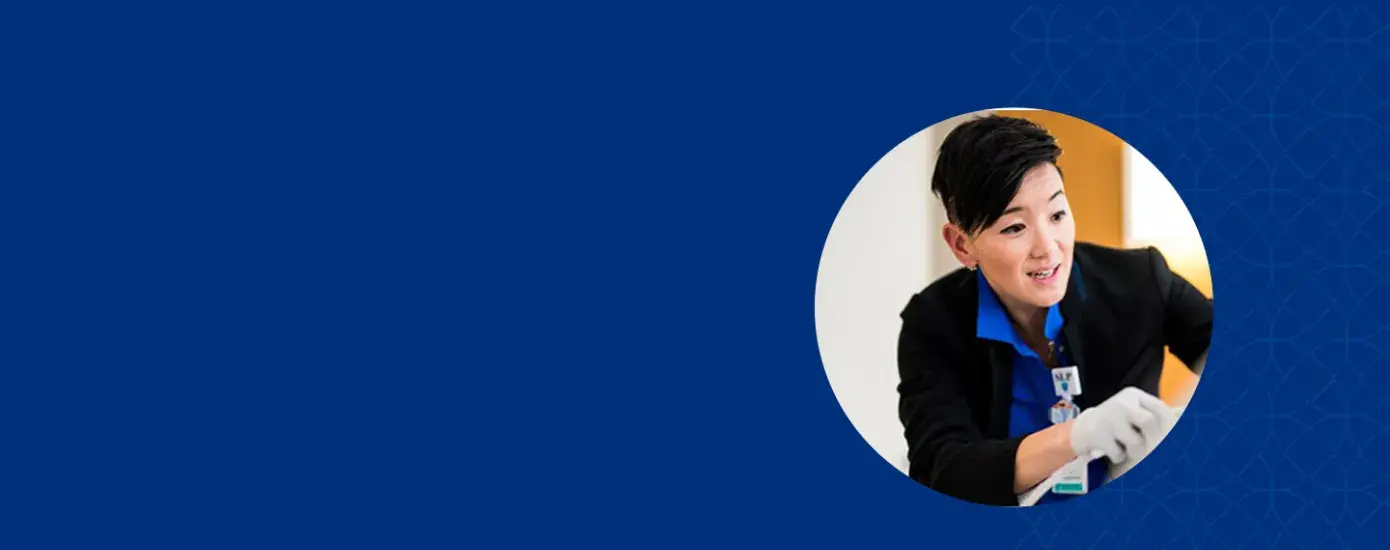
The clinical experience Amy Maguire had while she was a student at the MGH Institute has led to her developing a new way of providing speech pathology services for adult brain tumor patients who have surgery at Massachusetts General Hospital.
Maguire, who earned her Master of Science in Speech-Language Pathology degree in 2012, has implemented a clinical pathway that monitors and addresses cognitive challenges for brain tumor patients as they move through initial diagnosis and treatment across inpatient and outpatient settings. Her initiative came five years after she first became curious about neurology patients she was seeing as a clinical fellow in the hospital’s inpatient speech department.
“I noticed that many neurosurgery patients in the Neuro ICU didn’t come to see us post-resection for brain tumors,” Maguire said. “I began to wonder why we weren’t treating these patients who had just had brain surgery in or near areas of the brain typically associated with primary speech and language function when it seemed they’d benefit.”
After being hired at the hospital upon graduating, she became curious about the relationship between brain tumor burden and cognitive communication. She eventually asked a neurosurgeon if she could observe an awake surgical case that required speech/language mapping intra-operatively and if she could evaluate the patient before and after surgery to track their progress; and it was from that experience that she developed her initiative.
“Written language was a huge component of the SLP program’s curriculum at the IHP, but this often takes a backseat to oral language assessment in the typical neuro exam,” Maguire said. “But in order to return to society, return to work, and be happy, patients need to regain their reading and writing abilities as well.”
Maguire eventually created the hospital’s SLP brain tumor team, which includes two other IHP graduates, Nate Somes, CSD ’20 and Sarah Steele, CSD ’12. They work in a variety of interdisciplinary contexts with clinicians from the Neurosurgery, Neuro-Oncology, Radiation Oncology, Neuropsychology, Neuroradiology, and Intra-operative Neuromonitoring departments. Her work includes specialized assessment, education, and support of patients undergoing awake craniotomy with speech-language mapping in addition to providing rehab care and support at end of life depending on where patients fall in the arc of their oncology care.
Since much of the speech-pathology literature is focused on stroke, TBI, and neurodegenerative cases, this interdisciplinary program allows patients outside of that population to receive care from a new perspective. While there are a few hospitals around the country doing similar work, this type of neurosurgery/neuro-oncology-focused care is rare, Maguire noted.
Finding a Direction
After studying vocal performance and music as an undergrad at New York University, Maguire spent time as a voice and music teacher but found herself wondering how she could use her skills to help others. During her undergraduate career, she had lost her upper register briefly and, as a music student, found herself receiving voice therapy from a speech pathologist. She regained her voice, leading her to think at that time, “Maybe I should be on the other side of this relationship.”
It wasn’t until she realized how wide the SLP scope of practice was and how many of her colleagues, friends, and family could benefit from work with an SLP that she found her calling.
“Someone I knew had dyslexia, someone I worked with ended up being diagnosed with ALS and needed to use AAC, and a close family member was diagnosed with cancer and developed dysphagia,” Maguire shared. “It quickly became clear that my relationships were guiding my path, like pinball flippers pushing me in the direction I was supposed to go. I knew that had I been a speech pathologist, I might have been able to support these people in my life in a more beneficial way.”
While working at Mass General, she reached out to Dr. Joanna Christodoulou, Director of the Institute’s Brain, Education and Learning (BEAM) Lab, whom she’d met in her previous studies at the IHP and whom she knew researched literacy and the science of reading at large. Christodoulou urged Maguire to enroll in the school’s PhD in Rehabilitation Sciences program. With a goal to expand and augment assessment and treatment for adults who have a variety of conditions impacting brain function and in turn, speech, reading and writing, Maguire knew she’d need more academic experience under her belt. She began the program in the fall of 2019, when she has managed to balance her studies and research while continuing to work full time at the hospital. While she was advised it would be difficult to work and complete her PhD simultaneously, she knew she wanted to continue researching this population, so it didn’t make sense to leave her position at the hospital.
Christodoulou sings Maguire’s praises, lauding her dedication to all she does. “Amy shines in her clinical work, research endeavors, and community outreach, each area drawing on her vast and powerful repertoire of talents as a deeply thoughtful, sharply intellectual, caring and giving lab member,” Christodoulou said. “We are so grateful she has pursued a doctoral degree to amplify the impact of her work with individuals who undergo brain surgery as she continues to lead innovative new directions at the intersection of clinical and research fields focused on improving patient outcomes in language and literacy.”
As for Maguire’s long-term goals as she looks ahead to the next phase of her career, she wants to be able to combine clinical practice with research. While the concept sounds simple, she notes that it’s more difficult than it seems to remain focused on patient-centered care while collecting data and pursuing research.
“I have this unique opportunity to hold my feet to the fire of clinical practice while building the academic and research skills that I need to really make a difference in the future,” Maguire notes.
And yet, her personal experience is bridging that gap already.
